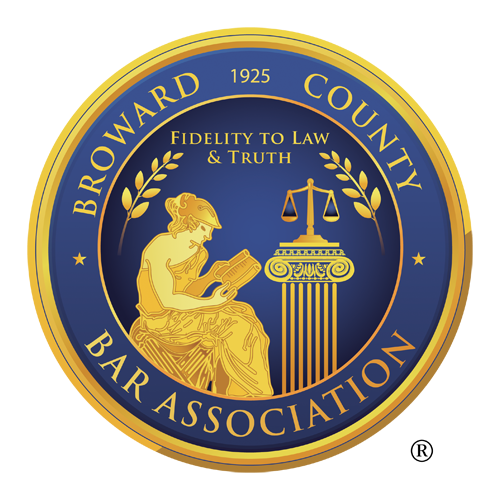To view the original article from LAN Infotech click here.
In today’s world of advancing technology, nearly everything is stored online either on a computer or a smartphone. People access their bank accounts, identifying information, and other critical data online by just logging into an app or website using a unique login and password. However, hackers are getting smarter than ever before and bank account fraud and identity theft aren’t hard for hackers who can crack an easy password. Most people want to create passwords that they remember so it’s easy to get into their account, but it’s more important to protect your important information with strong passwords.
Here’s how you can create nearly uncrackable passwords.
Use Pass Phrases Instead of Single Word PasswordsFormer hackers admit that single word passwords are easy to crack. Instead of using a single word like “jamaica” or “yellowstone,” use multiple words like “jamaicavacation” or “yellowstonenationalpark.” Put a few words together, or more if they’re shorter words. Some websites or smartphone apps will limit passwords to 16 characters or less and have a minimum of 8 characters. This means you will need to get creative about your passphrases. Think about words that aren’t commonly used at all or aren’t widely used together.
For example, “obelus” and “octothorpe” are the proper names of the division symbol and a pound sign or hashtag, but they aren’t well known or used often in everyday language. Select words that don’t have personal meaning to you — your kids’ or pets’ names aren’t good to use, nor is anything that you can be connected to in real life. Be as unexpected and random as possible.
Avoid Linking Your Accounts
Apps and websites often make it easy to set up a new account by using information from another account and linking them together. For example, you’ve probably seen where you can create a new account with an app using your Facebook credentials. You’re already logged in to Facebook on your phone and with just a few taps, you can have your new account ready instead of coming up with a new username and password specifically for that new account. However, linking accounts puts your digital presence at risk. If one link is breached, everything can go down. It takes a little more work to create unique usernames and passwords for every account, but it’s well worth it regarding security.
Use Multi-Factor Authentication
Multi-factor authentication is a process that utilizes two or more independent credentials — typically the username and password, a code texted or emailed from a validating authority, and biometric verification (often with a fingerprint). Using multi-factor authentication can keep all of your accounts secure, but it’s most important to use it for email accounts. Once a hacker can get into your email, he or she may find information there that makes it easier to get into many of your other accounts.
Multi-factor authentication is also crucial for bank accounts and other financial accounts. For example, if you have your banking app or website on your smartphone, you may be able to set up a login using your fingerprint. This means that no one else can get into that account on your device. Any account with direct access to your money or your identifying information should be made as secure as possible.
Use a Password Manager and Generate Random Hard-to-Crack Passwords
You’ve likely seen passwords like Xuq716$lp23# — a mix of uppercase letters, lowercase letters, numbers, and special characters. But how on earth does anyone remember a password like that? They don’t. They use a password manager, which allows you to generate random, complicated passwords and store them in a secure application that encrypts the data to prevent hackers from stealing the information. You only need to create and remember one master password. A password manager will auto-fill your username and passwords on sites and applications it remembers, both on computers and smartphones.
However, the most important thing to know about password managers is that your master password should be robust and unique, but it should also be something you can remember. Don’t write it down and stick it under your desk or tape it to the underside of your keyboard or mousepad — that’s an old trick that hackers know well. If you make it too difficult to remember, you’ll have a tough time getting back into your password manager, because these programs are designed to keep out anyone who doesn’t belong. There are a few steps you can take to recover your account if you forget your master password, but it’s not easy and you may still be denied. So make sure you remember your password but that it’s something complicated for anyone else to guess. Combine passphrases with uppercase letters, lowercase letters, numbers, and unique symbols to create a nearly uncrackable password.
Contact LAN Infotech Today for More Information
If managing your accounts gets to be a hassle, or you’re a small to medium-sized business that needs IT support, LAN Infotech can help. We specialize in providing secure, trustworthy technology services that can protect you and your business from hackers. Call today at 954-717-1990.
